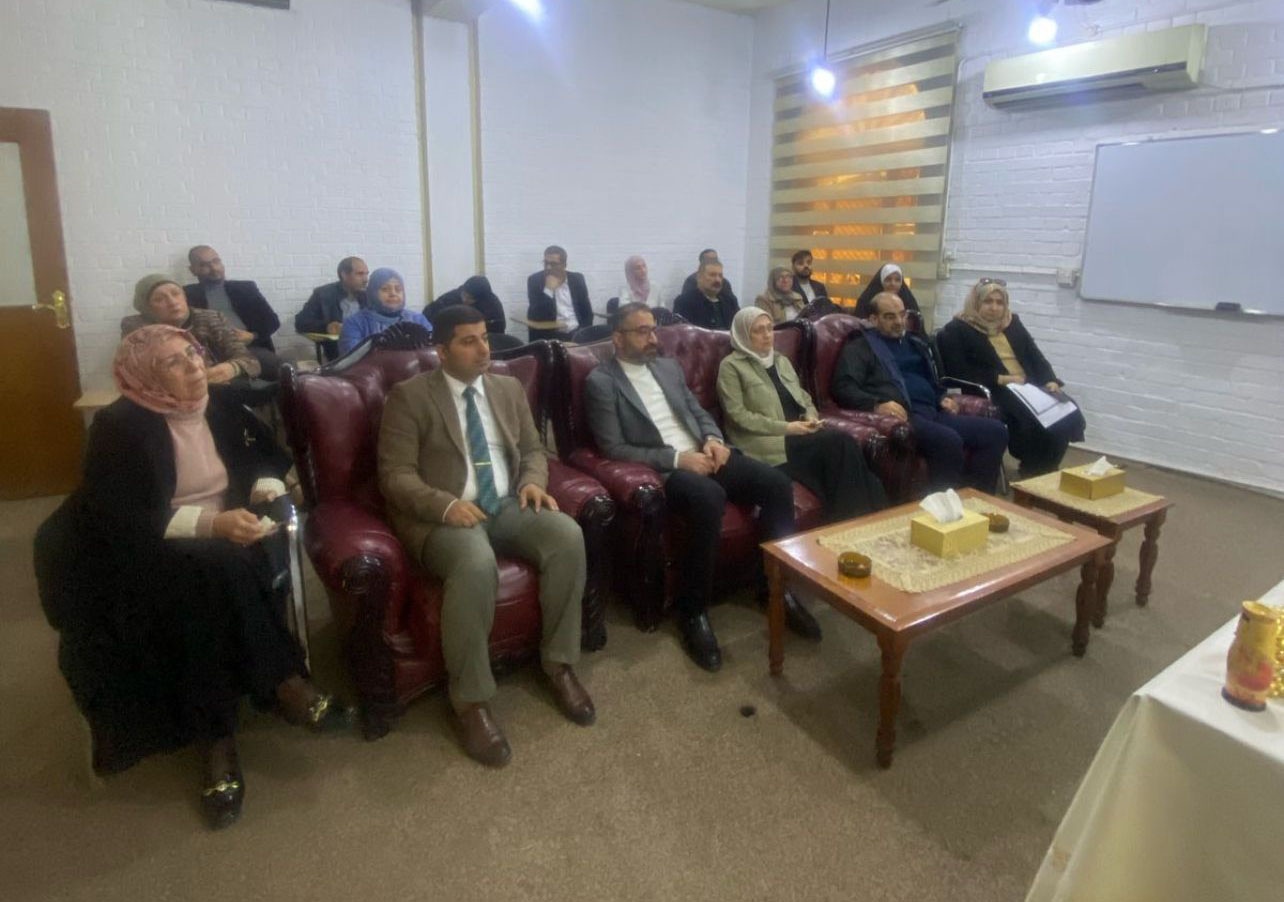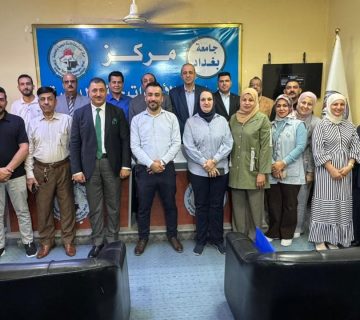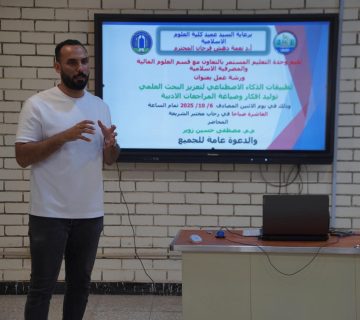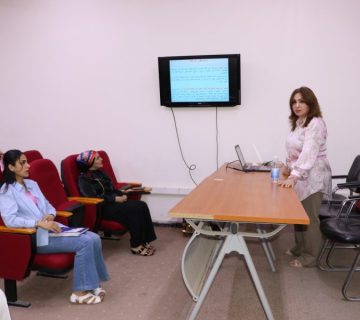The College of Veterinary Medicine at the University of Baghdad held a lecture titled “Genetic Engineering: Between Legislation and Application Concerns.”
The lecture aimed to shed light on key technological applications in medicine, such as treating genetic diseases through gene editing to correct disease-causing genes. It also highlighted the production of medicines like genetically engineered insulin for diabetes patients and gene therapy by replacing defective genes with healthy ones to address chronic diseases.
The discussion also addressed major challenges and risks posed by genetic engineering. These included health risks, such as the emergence of new diseases, and ethical concerns, as genetic modification raises questions about humanity’s future and the potential manipulation of genetic traits. The environmental impact of genetically modified organisms on ecological balance was another focal point. Furthermore, the lecture explored differences in laws and regulations between countries—some prohibit genetic modifications in humans, while others permit it under specific organizations’ oversight.
In conclusion, the organizers emphasized that genetic engineering opens vast avenues for innovation in health, agriculture, and technology but comes with challenges requiring careful study to ensure the safe use of this technology.
This lecture aligns with the Sustainable Development Goals, particularly the fourth goal, which advocates for quality education, and the third goal, which aims to ensure healthy lives and promote well-being for all ages.










